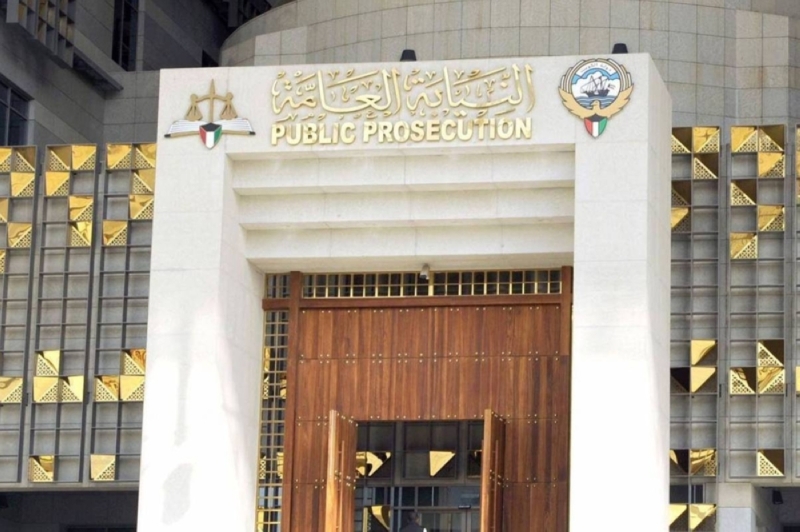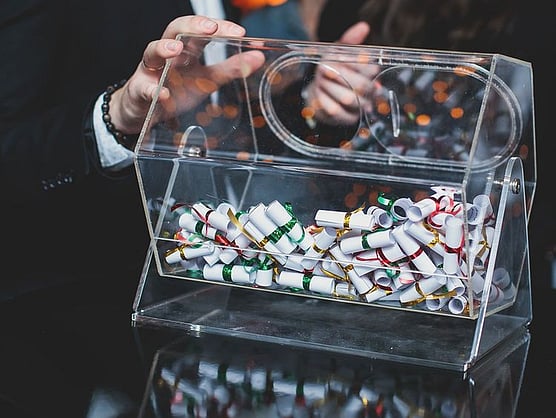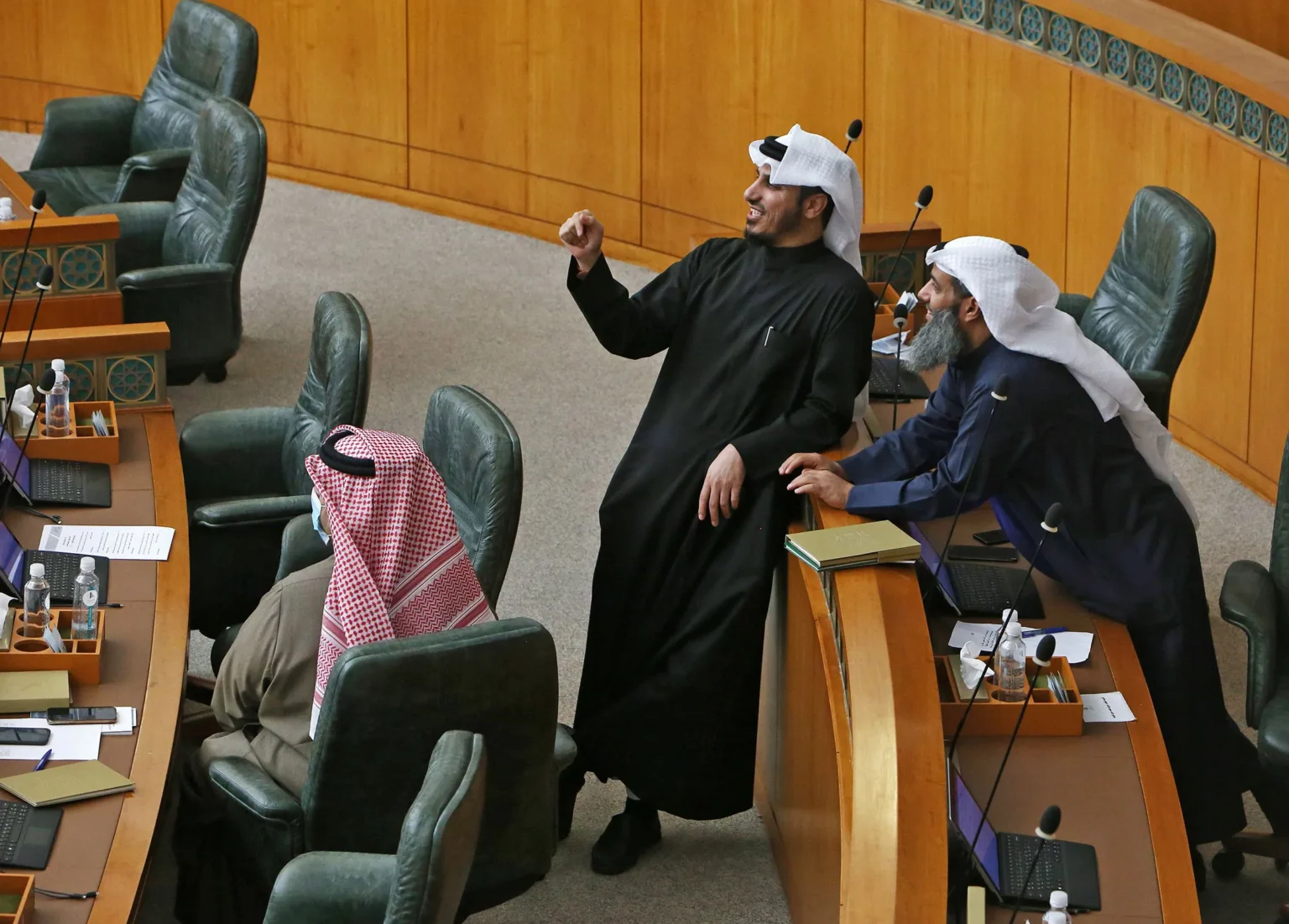Uncovering the Fraud Network
In a decisive move, the Kuwait Public Prosecution has referred 73 individuals to the criminal court, bringing into sharp focus one of the largest commercial raffle fraud investigations in recent times. The defendants are accused of participating in an organised criminal network that manipulated dozens of commercial draws overseen by the Ministry of Commerce and Industry between 2021 and 2025.
According to official statements, the scheme compromised the fairness and transparency of more than 110 prize draws, a large-scale effort to reroute prizes such as luxury vehicles, cash sums and high-value gifts.
How It Worked: The Mechanics of Manipulation
The investigation unearthed a web of deceptive activity including forged official documents, falsified transfer papers, bribes and commissions disguised as legitimate transactions. Prizes meant to be drawn publicly were allegedly redirected to prearranged beneficiaries.
The fraudsters exploited oversight gaps and relied on collusion with insiders, including a key supervisor at the draws department of the ministry. Once the prizes were awarded, the illicit proceeds were laundered through complex financial transactions aimed at hiding their origin. Assets and cash worth over KD 1.174 million were seized in the process.
Why This Case Matters
At its heart, this case touches on public trust. When prize draws promoted as random, fair, and transparent are instead manipulated, it undermines confidence in commerce, government oversight and corporate promotions. The fact that this fraud took place under the supervision of a government ministry magnifies the significance.
It also demonstrates that authorities in Kuwait are willing to prosecute even high-profile networks and ring leaders, signalling a strong commitment to financial integrity and public protection. The referral of 73 defendants is a large number for such a case, indicating depth and breadth to the misconduct.
Impact on Businesses and the Public
For businesses running promotional draws, this case will likely trigger more stringent compliance checks, audit trails, and supervision by regulators. Companies must now ensure robust and transparent draw mechanisms, independent oversight and clear documentation.
For the public, this is both a warning and a relief. A warning that winning isn’t always just a matter of luck if safeguards are weak, and a relief that the system is being exposed and remedied. Observers note the broader message: participation in prize draw schemes now carries increased scrutiny.

What Comes Next in the Legal Process
With the 73 defendants formally referred to court, the next stages will involve comprehensive trials, evidence presentation, hearing of witnesses, and judgments that may include prison sentences, fines, restitution and forfeiture of illicit gains. The prosecution has already laid groundwork by collecting technical, financial and legal evidence.
The transparency of the process will be critical as the public watches to see how justice is delivered. Successful prosecution will reinforce rule of law, while any perceived leniency may undermine the reform momentum.

Lessons Learned and Moving Forward
This case offers several important lessons:
Robust oversight matters: Even supervised draws can falter if checks are weak or insiders collude.
Transparency is essential: Public-facing promotions need clear mechanisms that participants trust.
Strong enforcement is a deterrent: A visible crackdown helps discourage similar misconduct.
Companies should heed the warning: Firms organising draws must be proactive about compliance, especially when large prizes are involved.
Public awareness helps: When participants understand how draws should work, they contribute to integrity by spotting irregularities and raising concerns.
A Positive Turn for Integrity
While the fraud is a troubling story, the positive angle is that the Kuwaiti authorities uncovered it, mobilised investigations, and are now taking concrete legal action. The message is clear: manipulation will not go unchallenged.
For citizens and businesses alike, this is an affirmation that fairness and transparency do matter and that systems exist to hold wrongdoers accountable. In the medium term, this case could lead to stronger regulatory frameworks, clearer draw mechanisms and enhanced trust in promotional activities.
Final Thoughts
The referral of 73 defendants in this large raffle fraud investigation is more than just a legal milestone, it’s a moment of accountability. It shows that even complex networks exploiting national level draws can be exposed and prosecuted. For Kuwait, for companies and for the public, it is a call to uphold integrity in commerce, promotions and public trust.
The road ahead will test whether the legal system and regulatory reforms can deliver lasting change, but for now, the momentum is firmly in favour of justice.
This is a story of uncovering deception, of standing up for fairness, and of forging a stronger framework for trust in public-facing commerce.
Do follow Gulf Magazine on Instagram.
Also Read – Nobu Hospitality Launches First Luxury Residences and Restaurant in Kuwait



